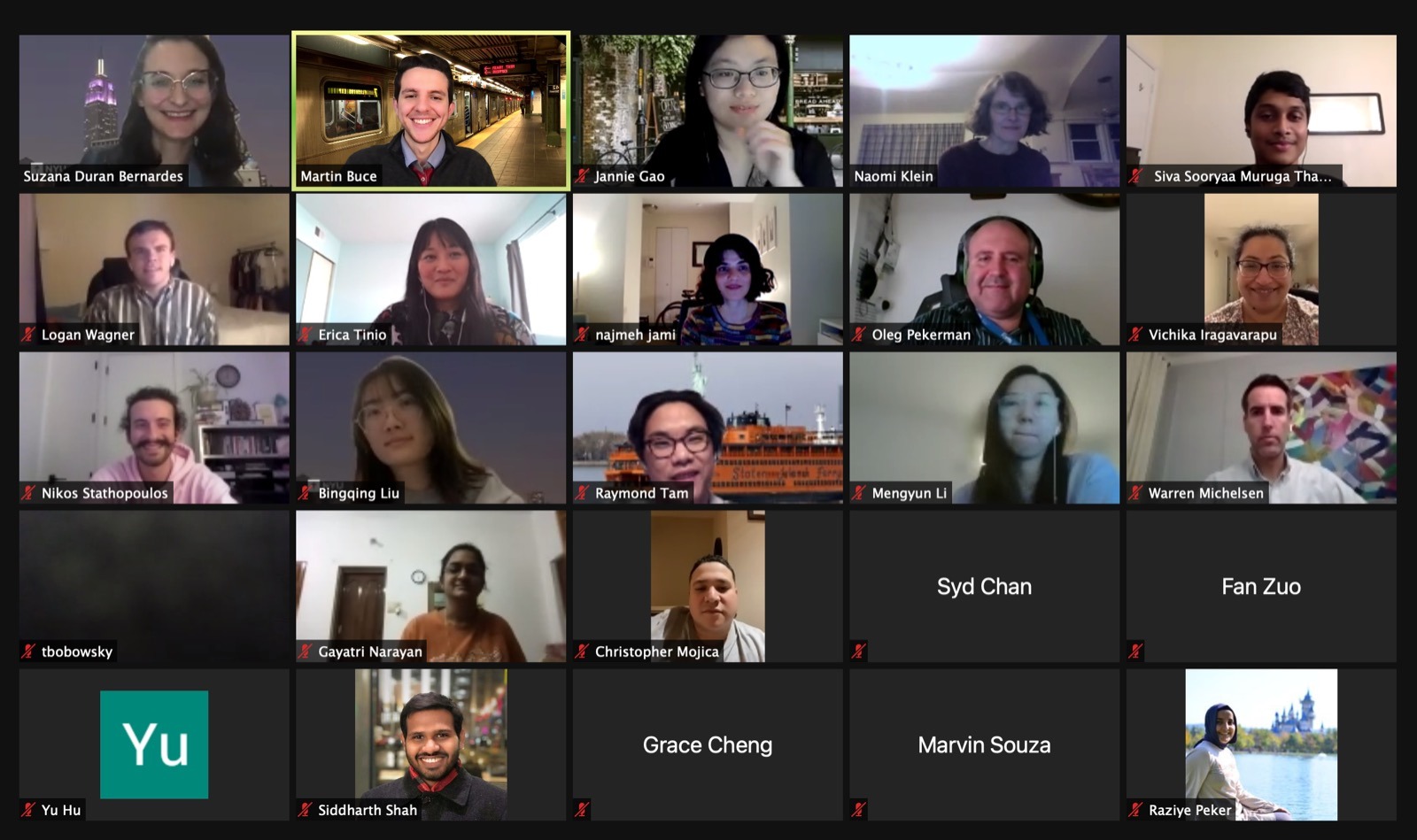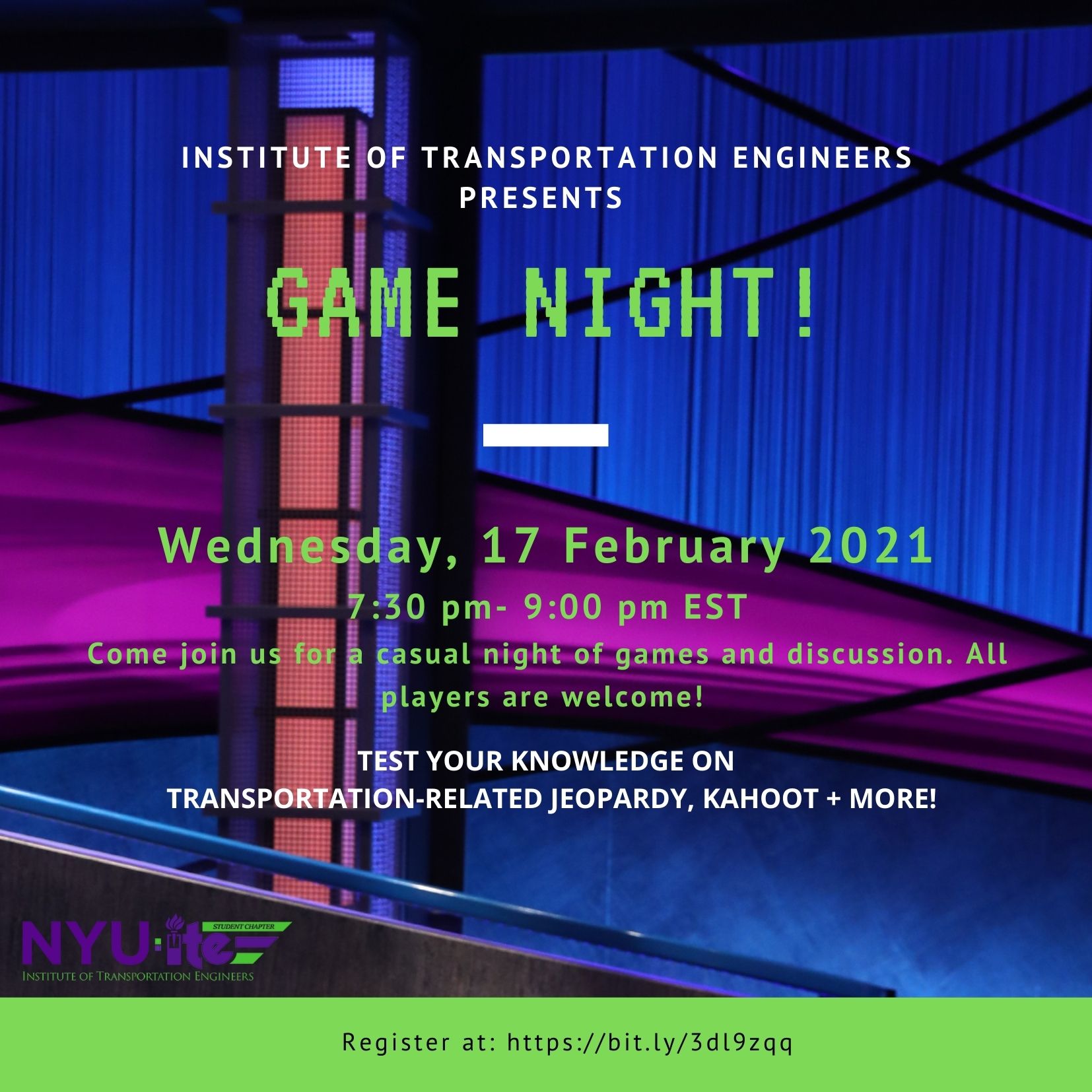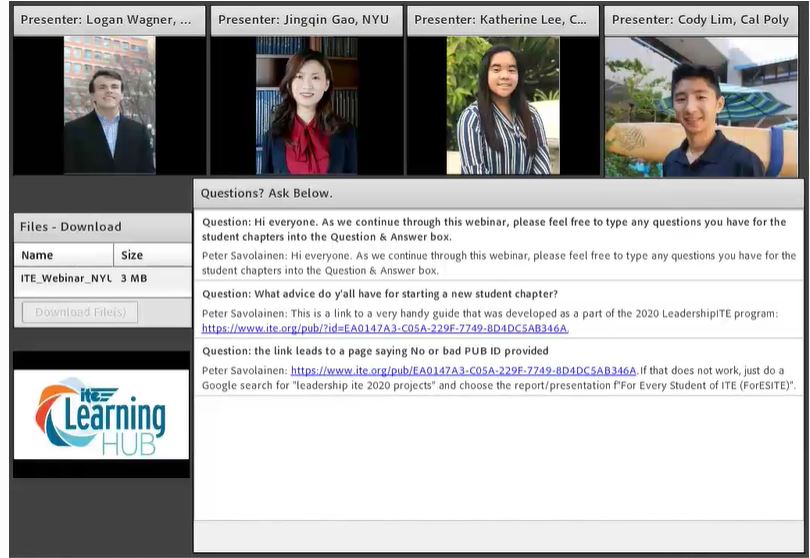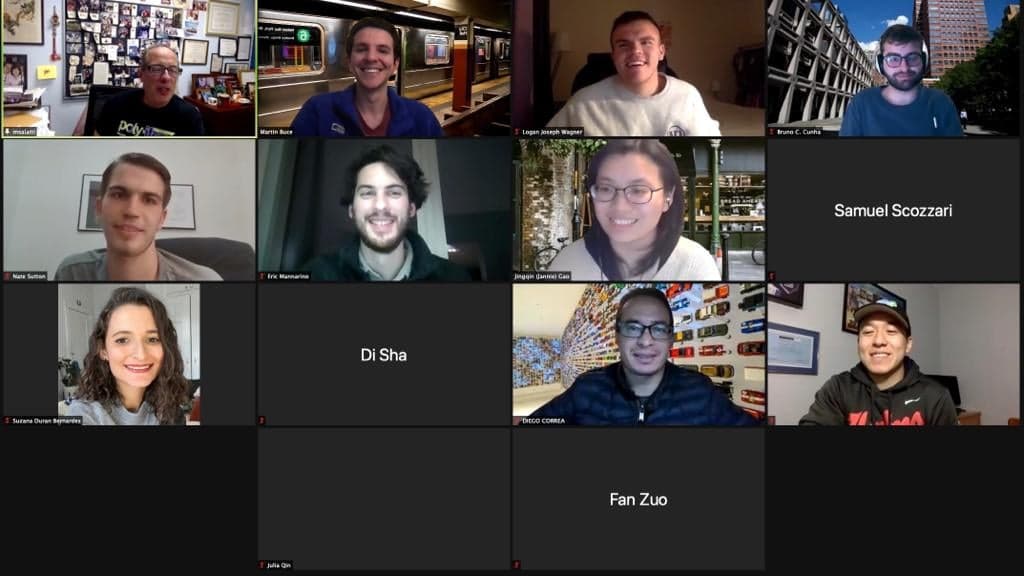Vertically Integrated Projects (VIP) Program
The VIP program provides a multi-year, integrated approach to learning that emphasizes project-based, interdisciplinary, research-active education. It provides an opportunity to learn and practice professional skills while making real-world contributions.
VIP Smart Cities Technology (C2SMART)
This project-based course will form research teams that design and prototype technological innovations to address the needs of smart cities. This technology will be designed within the context of the data collection and processing network essential to connected cities. This VIP course will coordinate with the NYU Tandon School of Engineering and CUSP.
The team will research the needs of smart cities related to the technical issues outlined in the Report to the President “Technology and the Future of Cities” with an emphasis on transportation including: cities, vehicles, infrastructure, and transportation users. These sub-teams will develop hardware, software, data analysis, application, and project management of their problem definition.
For more information, click about VIP click here.
The VIP teams supported by C2SMART are:
NYC Clean Feet
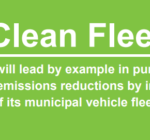
The team will conduct a planning exercise for the location of new solar EV charging stations to accommodate the planned EV fleet expansion. The team will also investigate solar canopy deployment designs for the EVs coming on line.
Goals
This project-based course will form research teams that design and prototype technological innovations to help the NYC Fleet Division of the New York City Department of Citywide Administration (DCAS) implement Mayor de Blasio’s Clean Fleet Plan, announced in 2015 (to be provided), calling for reducing greenhouse gas emissions from the municipal fleet 50% by 2025 and 80% by 2035, which is an earlier goal than the 80×50 goal that applies citywide.
One area of interest to DCAS is the potential to use solar canopies for EV charging as a way to build on its work in sustainable transport because battery electric vehicles charged on solar energy would have zero operating emissions. The ultimate goal of this project is using the City’s fleet operations to demonstrate an implementable carbon free transport system and provide cleaner air while obviating the need for more power generation.
Faculty Advisor: Joseph Chow
NYU Smart Cities Technology
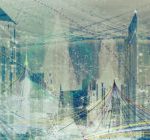
VIP Smart Cities Technology focuses on the needs of efficient and effective urban environments with an emphasis on transportation, energy distribution and the quality of life of city inhabitants. The VIP is broken into 3 sub-teams, listed below, which research specific problems within today’s cities. Using hardware, software, data analysis, and the design process, students working in the VIP strive to create innovative solutions that are currently affecting cities and address issues that may arise in the future.
Goals
This project-based course consists of research teams that design and prototype technological innovations to address the needs of innovative urban environments. Through data collection and analysis of this data, students aim to improve the current quality of life of city inhabitants and help ensure the increased efficiency of urban environments.
Faculty Advisor: Jack Bringardner
NYU Hyperloop
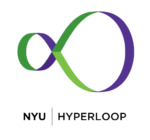
The team will conduct research on a variety of engineering disciplines relating to the manufacturing of the pod including propulsion, structures, feedback & control, material science, electronics and electrical systems. In parallel, a business and civil engineering sub-team will determine the feasibility of implementing a hyperloop-type system in New York.
NYU Self Drive
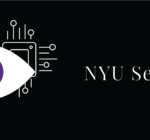
This is a field in which a lot of research is proprietary and inaccessible. Big companies invest a lot of capital per car to buy precise sensors and equipment to work with. We have been able to come up with several solutions on our own by optimizing the limited available resources. A lot of work in this industry is done on cars especially developed for self-driving purpose but we have been able to learn and modify the mechanism to transform a golf-cart, little beetle into a machine built for autonomy. The most exciting aspect in our field is that there is no industry standard for self-driving cars. We are at a breakthrough point where we come up with unique ideas and execute them accordingly to form a product that can revolutionize the automotive industry.
Faculty Advisor: Chen Feng
NYU Urban LiDAR and Remote Sensing
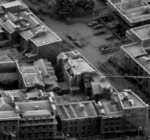
The team will research solutions to address the uniquely 3D challenges inherent in converting massive LiDAR point clouds into actionable insights for improving urban life. These challenges include spatial data indexing, parallelization of 3D data storage and querying, automatic change detection, multi-modal data integration, deconvolution of full waveform data, and the development of effective user interfaces to support the use of this exciting new data.
Faculty Advisor: Debra Laefer
Applied Research Innovations in Science and Engineering (ARISE)
This full-time, seven week program is for academically strong, current 10th and 11th grade New York City students with a demonstrated interest in science, technology, engineering and math. The program includes college level workshops and seminars, a high level research experience in participating NYU faculty labs, and mentoring in that placement by a graduate or postdoctoral student. Learn More
All events have been cancelled in the light of COVID-19 pandemic.
[ai1ec view="posterboard" ai1ec display_filters="false" cat_name="Student Events"]


